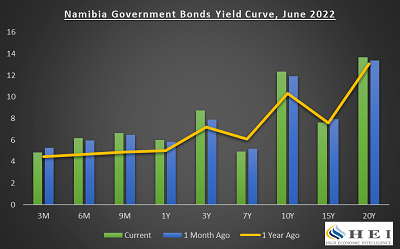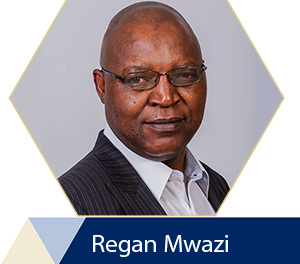
Battle far from over
Dear Sir
The decision of the Government of Namibia that land in the Dorob National Park north of Swakopmund may be made available to Gecko for its land based operations is accepted as being the right and prerogative of the Cabinet to decide what it believes to be in the best interest of Namibia. This is, however, not the most significant part of that decision. Far more important is the crucial requirement the Cabinet has added before Gecko may proceed with any one of its activities.
The Cabinet’s decision makes it clear in no uncertain terms and leaves no room for any misunderstanding or misinterpretation. Any permission to proceed at all requires that Comprehensive environmental impact assessments must be submitted.
The Namibian Environmental Commissioner, Mr. Teophilus Nghitila, confirmed this non-negotiable demand. He is quoted as follows on this issue:
“I can’t comment on Cabinet’s decision. What we must have is a comprehensive study [being the Environmental Impact Assessments] that could direct the decision whether VIP will in fact materialise or not. It’s not possible to speculate. If the assessment looks favourable, then the clearance will be considered. If the assessment is not favourable, then no project”.
Imperative to note that Mr. Nghitila placed the emphasis on “clearance will be considered”.
The Cabinet’s decision obviously does not refer to Gecko’s marine phosphate activity which is an integral part of its whole project.
What applies to Gecko’s land based activities equally applies to its marine phosphate mining. Comprehensive environmental impact assessments must be submitted on ALL its activities.
These submissions shall be closely monitored. Inadequate, incomplete and sub-standard studies, like the ones submitted by Namibian Marine Phosphate for its Sandpiper project, shall face stiff and harsh opposition and objection. Nothing but assessments produced in compliance with the letter and spirit of all applicable Namibian laws and procedures will be acceptable. These studies will also have to withstand the scrutiny and evaluation of Namibian and international experts who are acclaimed authorities on these matters at hand.
GECKO Namibia is on record that it will not go ahead with its project if it is proven that the health of people and the environment will be compromised.
Mr. Peter Tarr, Executive Director at the Southern African Institute for Environmental Assessment (SAIEA), the company which is independently investigating the impact the planned Gecko project will have on the environment, including the towns and people in the vicinity of the plant, confirmed that Gecko had stated that they would walk away from the process if the Environmental Impact Assessment (EIA) showed the negative impacts could not be mitigated. He even added that it was vital that the public hold Gecko to that promise.
This will be done with determination. No pledge or promise by Gecko must lull any one into a false sense of security.
Everyone who has Namibia’s coastal and marine environment at heart knows that the battle is far from over.
Today’s complacency may be dispelled by the shock of to-morrow’s cold realities.
Swakopmund Matters













































